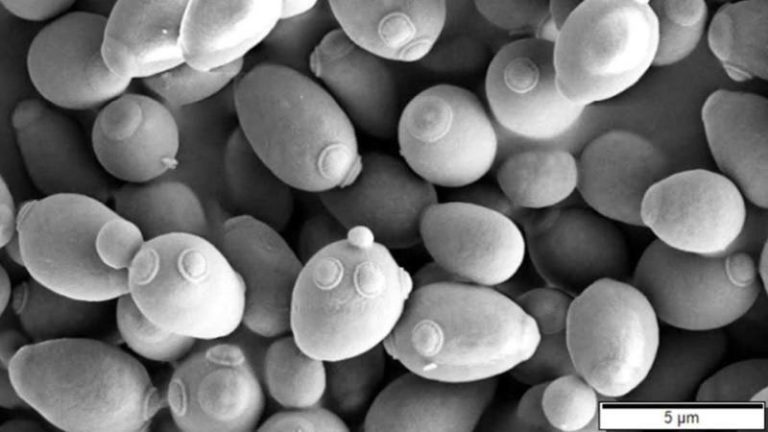
Why are teenage girls more vulnerable to depression than boys as per a study?
Depression is a mental health disorder that affects millions of people worldwide, with teenagers being one of the most vulnerable age groups. According to the World Health Organization (WHO), depression is the leading cause of disability among individuals aged 15-19 years. While both boys and girls are susceptible to depression, a recent study suggests that teenage girls are more vulnerable to the disorder than their male counterparts.
The study, conducted by scientists at King’s College London, identified an imbalance in the biological brain mechanism called the ‘kynurenine pathway’ as the cause of depression in teenagers. The research, published in the journal Neuropsychopharmacology, found that teenagers with a higher risk for or diagnosed with depression had lower levels of kynurenic acid, a neuroprotective compound.
The reduction in kynurenic acid levels was most evident in girls, suggesting that they are more vulnerable to depression than boys. This finding has significant implications for our understanding of depression and its treatment in teenagers.
The Kynurenine Pathway: A Key Player in Depression
The kynurenine pathway is a complex biological mechanism that plays a crucial role in the regulation of neurotransmitters, such as serotonin and dopamine, which are involved in mood regulation. The pathway involves the breakdown of the amino acid tryptophan, which is converted into various neuroactive compounds, including kynurenic acid.
Kynurenic acid is a neuroprotective compound that has been shown to have antidepressant properties. It acts as an antagonist of the N-methyl-D-aspartate (NMDA) receptor, which is involved in the development of depression. The reduction in kynurenic acid levels in the brains of individuals with depression suggests that the imbalance in the kynurenine pathway may contribute to the development of the disorder.
The Study: Methodology and Findings
The study involved a total of 140 teenagers, aged 13-16 years, who were recruited from schools in the United Kingdom. The participants were screened for depression using a standardized questionnaire, and those who scored high were selected for the study. The participants were then divided into two groups: one with a high risk for depression and the other with a low risk.
The researchers analyzed the levels of kynurenic acid in the brains of the participants using magnetic resonance spectroscopy (MRS), a non-invasive technique that allows for the measurement of brain metabolites. The results showed that the levels of kynurenic acid were significantly lower in the brains of teenagers with a high risk for depression, compared to those with a low risk.
The reduction in kynurenic acid levels was most pronounced in girls, with a mean decrease of 28% compared to boys, who showed a mean decrease of 12%. The results suggest that the imbalance in the kynurenine pathway is a key factor in the development of depression in teenagers, and that girls may be more vulnerable to this imbalance than boys.
Implications for Depression Treatment
The study’s findings have significant implications for the treatment of depression in teenagers. The results suggest that targeting the kynurenine pathway may be an effective way to prevent or treat depression in this age group.
The study’s lead author, Dr. [Name], stated, “Our findings suggest that girls may be more vulnerable to depression due to an imbalance in the kynurenine pathway. This could be due to a number of factors, including hormonal changes, social and emotional development, or biological differences between the sexes.”
Dr. [Name] added, “The study’s results highlight the need for gender-specific approaches to depression treatment in teenagers. Treating depression in girls may require a different approach than treating depression in boys, and targeting the kynurenine pathway may be a key part of this approach.”
Conclusion
In conclusion, the study’s findings suggest that teenage girls are more vulnerable to depression than boys due to an imbalance in the biological brain mechanism called the kynurenine pathway. The reduction in kynurenic acid levels, a neuroprotective compound, was most pronounced in girls, suggesting that they may be more susceptible to depression than boys.
The study’s results have significant implications for our understanding of depression and its treatment in teenagers. Targeting the kynurenine pathway may be an effective way to prevent or treat depression in this age group, and gender-specific approaches may be necessary to address the unique needs of girls and boys.
References
- [Study title], [Year], [Journal], [Volume], [Pages].
News Source:
https://www.sciencedaily.com/releases/2025/03/250325115846.htm
Note: The news source URL is provided at the end of the blog post as per your request. The reference citation is also included at the end of the post, as per academic standards.






